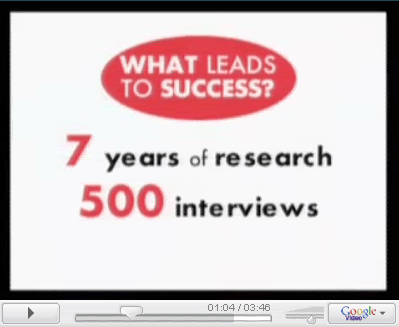While a short sale may be a last resort for many homeowners facing foreclosure, it also represents a great opportunity for potential home buyers and real estate investors.
As you already know the Richmond County Real Estate Institute of the Staten Island Board of Realtors will be hosting my Short Sale/ Pre-foreclosure Secrets Revealed Work Shop on Wednesday, November 28th, 2007 9:00am - 12noon.

Here is part of what you will learn on Wednesday, November 28th, 2007 at 9:00am, since the class is filing quickly, will also help those of you who haven't called soon enough to reserve your seats (there are still some seats available don't delay call now) answer a few basic questions about the substantial risk and reward involved in this extremely complex and often drawn out process.
What is a Short Sale?
A short sale is a legally−binding agreement to allow a home to be sold for less than the amount that is owed. And, while short sales are not by any means common or easy, because of increasing inventory levels and foreclosures in some parts of the country, lenders are much more eager to negotiate with borrowers who are having trouble paying their mortgages. For potential home buyers and real estate investors, a short sale also offers a great opportunity to purchase property at a significant discount.
However, don't expect a lot of help from the lender without first providing a sales contract from a qualified buyer and all the information required by the lender's loss mitigation department.
Of course, lenders are not looking to bail out "flippers" or other borrowers who simply overextended themselves. In most cases, a borrower must have suffered a serious financial hardship that directly caused him or her to default on the mortgage: the loss of a job, a serious illness, or the death of a loved one. In addition, the borrower must be at least 91−days delinquent before a lender will even discuss a short sale.
A written declaration and supporting documentation demonstrating financial hardship will definitely be required by the lender. This may include pay stubs, tax returns, and liquid asset statements, among other documentation.
Key Considerations to Keep in Mind
The lender will likely issue a 1099 to the seller for the difference between what is owed and the final amount the lender collects after the costs of the sale, including real estate commissions and possibly other charges. This means that the difference or deficiency can be considered as taxable income to the borrower. Some lenders may even attempt to get the existing homeowner to sign a note for the remaining amount due.
If there are multiple liens against the property, all lien holders will have to be involved in the negotiation process, not just the first lien holder. Therefore, communication and patience are essential components of any short sale. This is why an experienced real estate agent and mortgage professional become so valuable to this process.
When is now the time to take your business to the next level utilizing the short sale process?
Seating Is Limited and the class is filing up fast.
9:00am – 12:00pm
3 CE Hours (NY Only)
718.979.0007
Are you interested in a Non-CE Short Sale Workshop tailored to your office?
Please call me or email jstanton@0downaskmehow.com
Related Topics: My Six Short Sale Rules , SHORT SALE Pre-Foreclosure Secrets Revealed
On Your Team
Jeffrey Stanton
Your Trusted Advisor For Life


































No comments:
Post a Comment